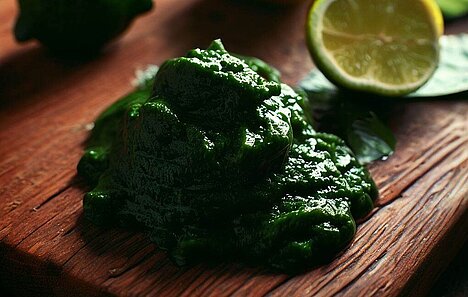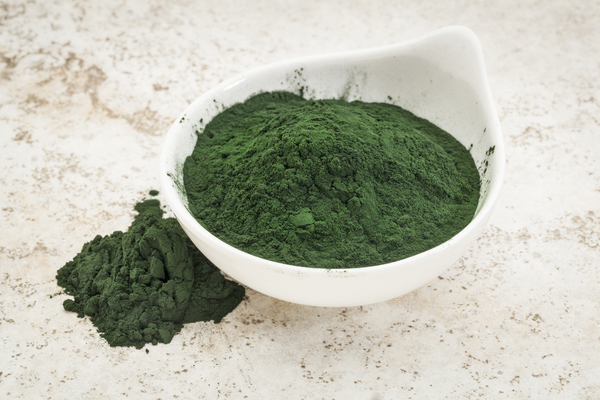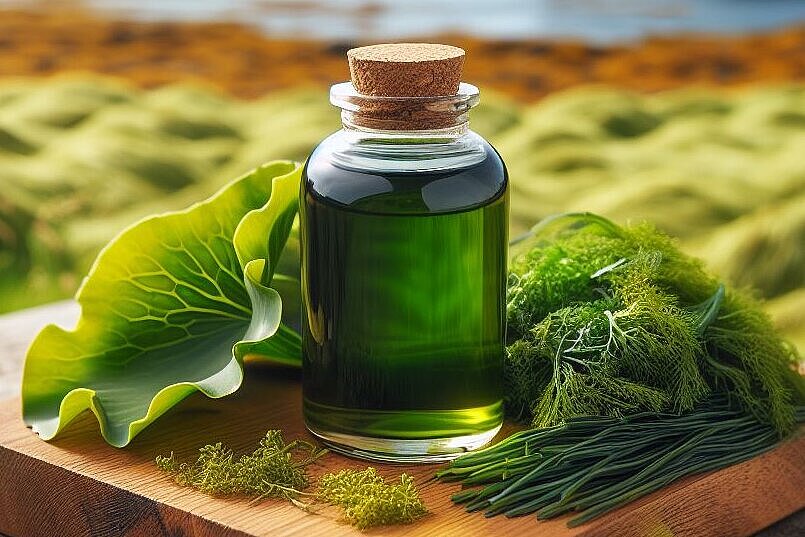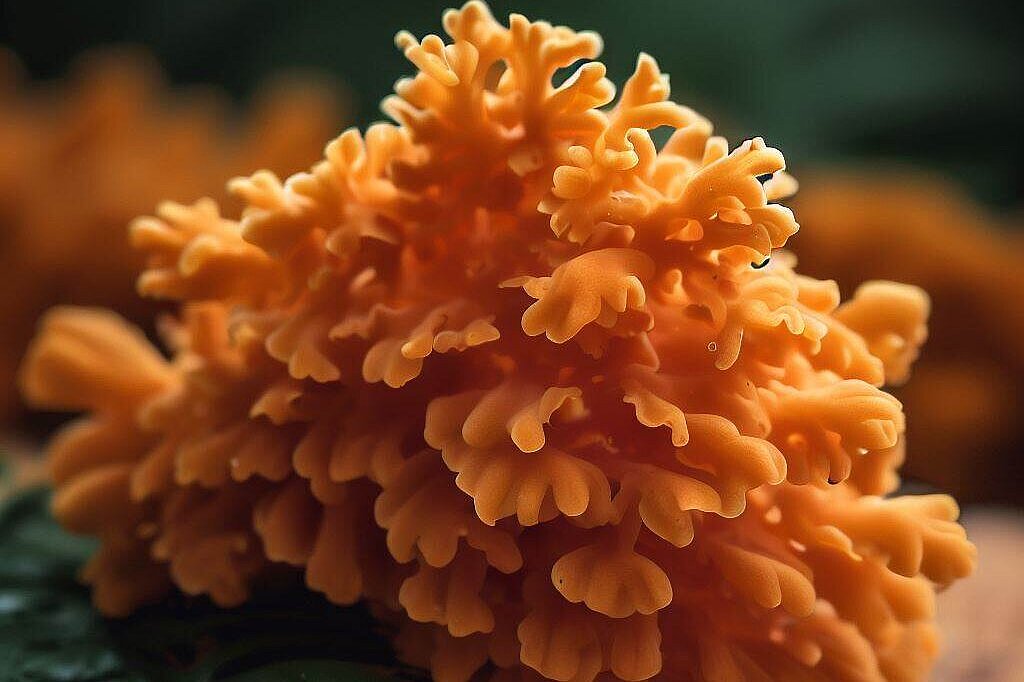Lithothamnium calcareum

The benefits of Lithothamnium calcareum for dogs
Lithothamnium calcareum has several beneficial properties that can be useful for dogs. Firstly, it is a natural source of calcium, magnesium, iron, zinc, iodine and other minerals that are important for bone formation, blood formation, thyroid function and the immune system. It also has an alkalizing effect on the body, which can help to regulate the acid-base balance. This can be particularly helpful for dogs with chronic inflammation, allergies or gastrointestinal problems. Lithothamnium calcareum can also promote digestion and support the intestinal flora by acting as a prebiotic. This means that it promotes the growth of good bacteria in the gut.
The disadvantages of Lithothamnium calcareum for dogs
Lithothamnium calcareum is not suitable for every dog. There are a few factors you should consider before giving this algae to your dog. Firstly, Lithothamnium calcareum can lead to an oversupply of minerals if overdosed, which can lead to health problems such as kidney stones or metabolic disorders. On the other hand, Lithothamnium calcareum can lead to intolerances or allergic reactions in some dogs. This can manifest itself in symptoms such as diarrhea, vomiting, itching or skin rashes. Depending on its origin and quality, Lithothamnium calcareum can also be contaminated with heavy metals or other harmful substances that can be harmful to dogs.
How you can give Lithothamnium calcareum to your dog
If you want to give Lithothamnium calcareum to your dog, you should bear a few points in mind. Firstly, you should always pay attention to the quality and origin of the algae. It is best to choose a product from organic cultivation or from controlled waters. Secondly, you should always pay attention to the dosage. The recommended daily dose is between 50 and 300 mg per day, depending on the dog's weight. You can either mix the algae into the food as a powder or administer it as a capsule or tablet. Thirdly, you should always pay attention to your dog's reaction. If you notice any signs of intolerance or allergy, you should stop the algae immediately and consult a vet if necessary.
Lithothamnium calcareum is an interesting ingredient for dogs that can provide many health benefits. In particular, it can help dogs with mineral deficiencies, excess acidity or digestive problems. However, it is not suitable for every dog and should always be given with caution and in moderation.
If you notice any signs of hypersensitivity or poisoning in your dog, you should see your vet immediately. We are not a substitute for a vet, but we try to be as accurate as possible. Every dog reacts differently and we recommend you get a second opinion or consult your vet if in doubt.
Stay healthy and take good care of your four-legged friend!😊
Similar to Lithothamnium calcareum
Spirulina is a blue-green algae that is one of the oldest living organisms on earth. It is found in salty lakes and waters and can feed itself through photosynthesis. Spirulina has a spiral...
Chlorella is a freshwater microalgae that is one of the oldest living organisms on earth. It has a high content of chlorophyll, the green pigment in plants that is responsible for photosynthesis....
Kelp extract is a powder made from various types of brown algae. The best known species is Ascophyllum nodosum, also known as knotted kelp. These algae grow in cold waters and are rich in iodine,...
Ascophyllum is a type of brown algae that grows on the coasts of the North Atlantic. It is also known as knotted seaweed or Norwegian seaweed. Ascophyllum contains many nutrients such as iodine,...



